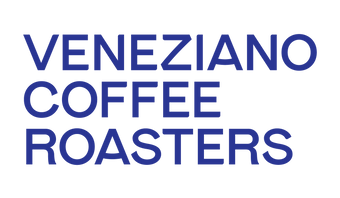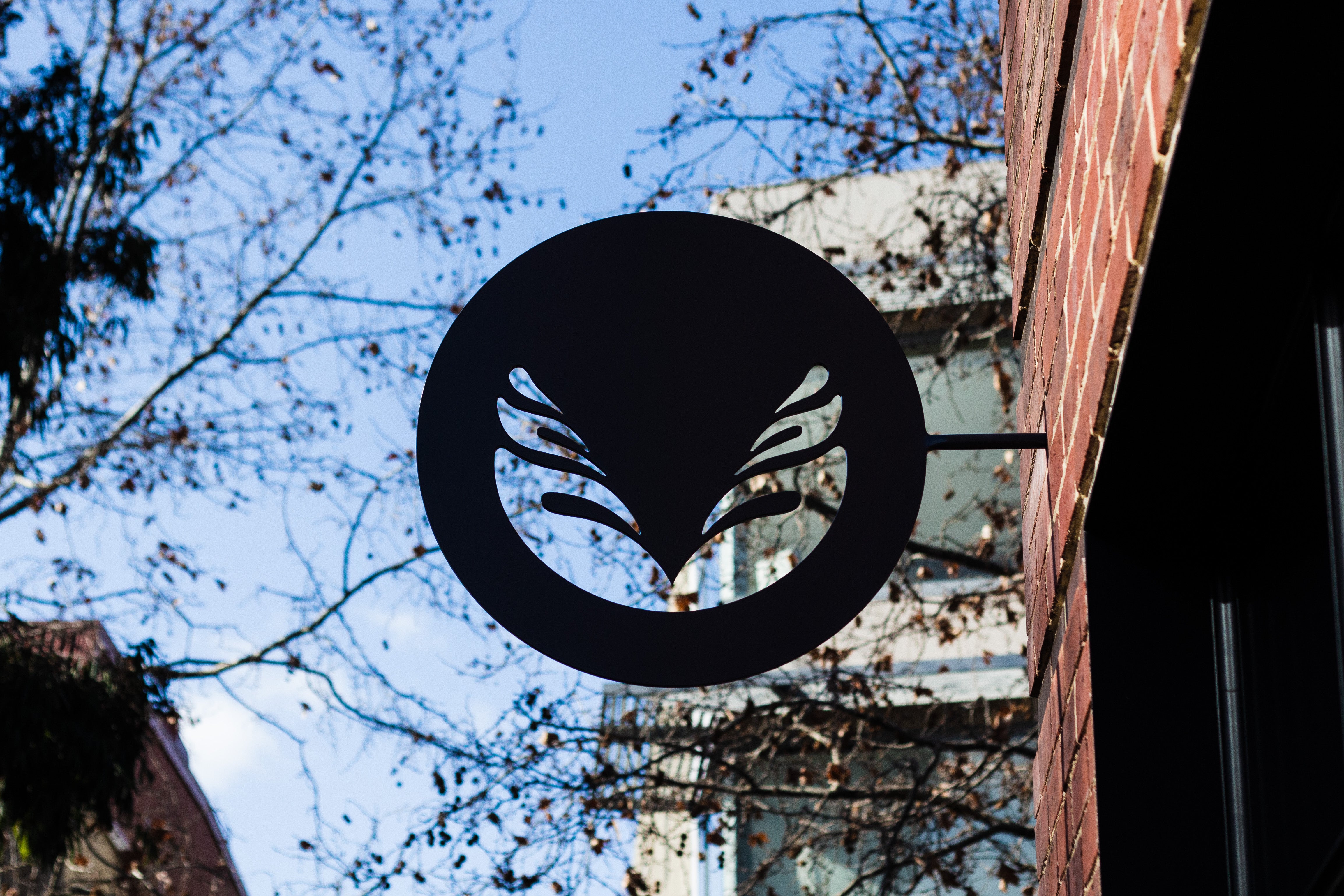With Scott Rao joining us at Veneziano Coffee Richmond next weekend, we thought we’d ask a few questions about his upcoming masterclass and what people can expect from the morning.
You have been offering this class for a number of years now, how has it changed over that time?
A lot! Every year I’ve added new methods and new thoughts about making roasts more consistent and preventing RoR crashes and flicks. This year, I’ll be introducing a few techniques such as the “gas dip” to fix crashes, and a clever way to manage gas settings after FC to be able to roast darker without stalling, while also avoiding a flick at the end.
If someone has been to your class before would they get anything out of coming again?
Definitely. I’ve had dozens of students come to multiple classes over the years, and I’ve always offered them a refund if they decide it wasn’t worth it. No one has ever asked for one. Everyone says they both learned new things and gained a better understanding of things they had learned in previous classes.
Is there a particular insight from the last year that you are excited to share?
The gas dip is revolutionary. But I won’t spill the beans here 🙂
Since you wrote the book a huge number of roasteries are talking RoR and Development Percentage, how well do you think your ideas have been implemented? Where do you see it most commonly going wrong?
I’m pleased to have started an industry-wide conversation about smoothly declining RoRs and to have invented the concept of development time ratio. However, I see too many roasters implementing the ideas halfway and being satisfied with roast curves that I see as failures. Grasping and mastering these ideas takes time.
Is there a particular part of your workshop that you think has the greatest impact on the attendees?
I think students get the most out of the discussion about analysing curve shape and about ensuring their data quality is good enough. Too many roasters have slow probes, poorly located probes, or view Cropster using unideal settings.
Roasting coffee is quite different on different machines how can people benefit from general advice in a group setting?
I’ve roasted on approximately 350 machines in my career. All of the idea I discuss in class are “universal” to all machines. In other words, if I had only ever roasted on a few machines, I wouldn’t know what roasting phenomena were specific to a type of machine or approach, but after roasting on such a variety of machines, I have been able to separate out machine-specific roast behaviour from behaviour universal to all coffees. That’s powerful.
We get to cup the RDK as part of the workshop, can you tell us a bit about this?
I developed the RDK to help introduce and solidify the concepts of baked and underdeveloped roasts. Our industry has lacked standards and agreement about these concepts, and they are often mistaught, in my opinion. The RDK is carefully produced so that each sample has only its respective defect and no other.
If I am not currently roasting is there a way this workshop could still benefit me?
If you are familiar with roast data-logging and plan to roast again some day, then yes.
You will also be demonstrating pour over on the Decent Machines at MICE. Is it really the best pour over you’ve ever made?
Yes. Every day I now make pour overs on a level that I was never able to achieve with a kettle. It’s pretty exciting 🙂
Keen to know more? Grab your ticket in the below link.
WHEN: Saturday 9th February 2019
WHERE: Veneziano Coffee Richmond, 16 River Street, Richmond VIC 3121
TIME: 8am – 11am
COST: $300
The class will include:
- Three hours of lecture and Q&A
- Cupping and curve analysis of the “Roast Defect Kit” to demonstrate good, baked, and underdeveloped roasts.
- Methods to manage RoR curves
- Advanced methods to prevent RoR crashes and flicks
- How to modify roasting machines for better performance.
- Pro tips to get the most out of Cropster and other roasting software.
- How to adapt various strategies to different types of machines.
- Bring all of your curiosity and most pressing questions.



